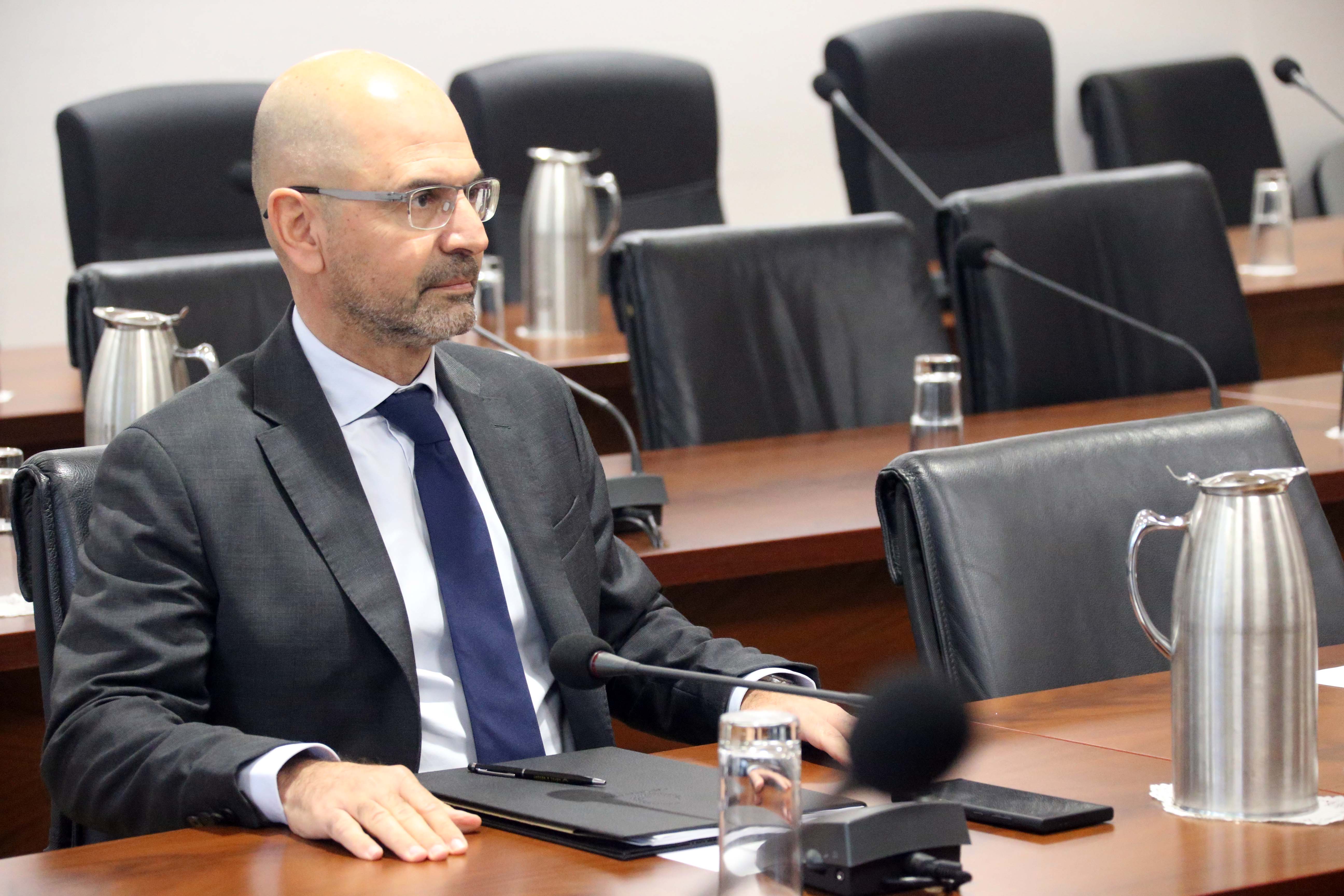The parties acted sensibly and responsibly in the way they handled the government’s bill for the reform of the Audit Office, which in its original form would have placed the auditor-general under the permanent supervision of a three-member audit council appointed by the president. The opposition of the parties was so strong that the provision for the council had been removed from the bill before it had been submitted to the plenum for the vote.
In fact, the only side that supported the creation of a three-member council was the government, which was emphatically defeated. Justice Minister Marios Hartsiotis failed to persuade the parties to accept the need for a supervisory committee, which he claimed, against all logic, would not affect the independence of the auditor-general. It would just make ‘recommendations’ on reports issued by the Audit Service, the minister insisted, when the matter was discussed.
Auditor-general Andreas Papaconstantinou, fought against the provision and his argument that the committee would create a ‘big brother’ situation at the Audit Office was correct. It is unheard of to have an independent state official under the authority of a group of supervisors appointed by the executive. Hartsiotis ludicrously claimed that independence would not be affected as the three-member committee would not exercise administrative oversight but read all the auditor-general’s reports and make recommendations.
What this meant was that the three-member committee could stop the publication of reports that may cause embarrassment to the government by exposing dubious dealings. It could ‘recommend’ removal of part of the report that portrayed the government, which appointed its three members, in a negative light. How independent would the auditor-general be if approval from government appointees would be needed for any report to be released?
The idea of the oversight committee, which was central to the reform proposal, arose as a way of controlling the auditor-general, after the years of Odysseas Michaelides systematically abusing the powers of his position, often writing reports to settle personal scores. But should the independence of a state official be drastically restricted because one person in the position used the powers inappropriately? Rather than change the constitution, because one official behaved inappropriately, the president should take more care which choosing someone for the post.
It was enough that amendment of the constitution will limit the term anyone serves as auditor-general and deputy auditor-general to eight years. Until now someone would stay in the post until retirement age, so someone appointed at the age of 45 would stay in the position for 20 years. Nobody should be able to stay in a post for so long and the eight-year term, with no provision for extension of the amendment, is perfectly reasonable and adequate.






Click here to change your cookie preferences